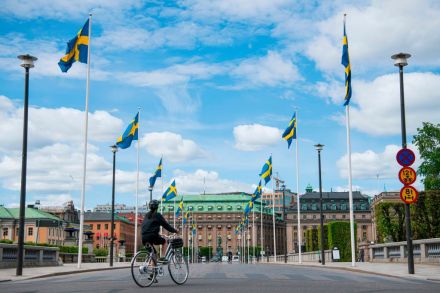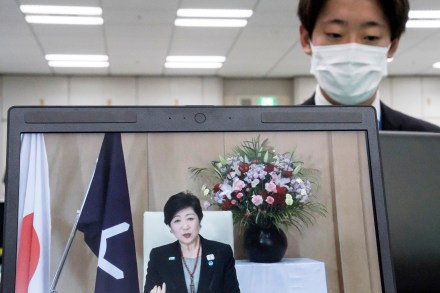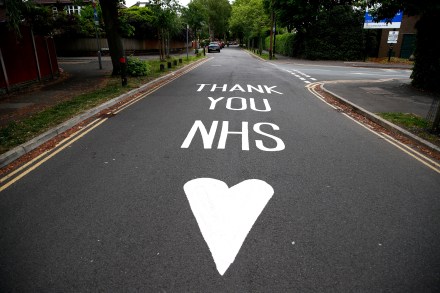The vaccine goalposts have shifted
Matt Hancock provided a vaccine update on Monday, explaining that the chances of a drug being ready by early next year are ‘looking up’. With trials pending in the UK, USA and Brazil, the Oxford-AstraZeneca vaccine could be approved this year, although the Health Secretary he conceded it would more likely come in spring 2021. He added that doses are already being manufactured so that it will be ready to roll-out the moment it does receive approval. We’ve heard this all before. At the height of lockdown, Oxford professor Sarah Gilbert – head of one of the teams developing the vaccine – told the Times that a vaccine would be ready by September: ‘It’s not




















